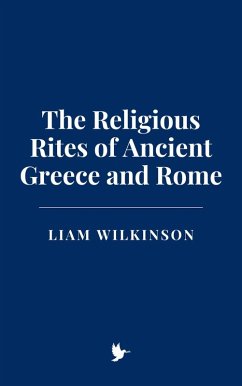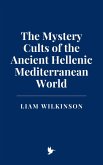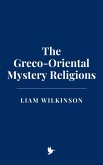Religion in ancient Greece and Rome was fundamentally polytheistic, characterized by a belief in multiple deities with distinct personalities, domains, and attributes. The gods were seen as powerful yet relatable entities who interacted with humans in ways that mirrored human relationships. This anthropomorphic portrayal of the gods made them accessible to worshippers but also underscored their capriciousness. The Greek pantheon, immortalized in the works of Homer and Hesiod, laid the foundation for religious thought, portraying gods like Zeus, Hera, Athena, and Apollo as central figures in a divine hierarchy. Homer's "Iliad" and "Odyssey" and Hesiod's "Theogony" remain vital primary sources, offering rich accounts of divine intervention, origin myths, and the moral codes these deities represented.
Roman religion, while deeply influenced by Greek traditions, evolved into a distinctive system shaped by Roman values and practicalities. The Romans adopted many Greek gods, often merging them with native deities, but their religious practices were heavily focused on ritual precision and state-sponsored ceremonies. For the Romans, maintaining pax deorum-the peace of the gods-was a collective responsibility crucial to the survival and prosperity of the state. This concept is reflected in the meticulous nature of Roman religious rituals, which were performed by priests, magistrates, and ordinary citizens to ensure divine favor.
Dieser Download kann aus rechtlichen Gründen nur mit Rechnungsadresse in A, B, CY, CZ, D, DK, EW, E, FIN, F, GR, H, IRL, I, LT, L, LR, M, NL, PL, P, R, S, SLO, SK ausgeliefert werden.









